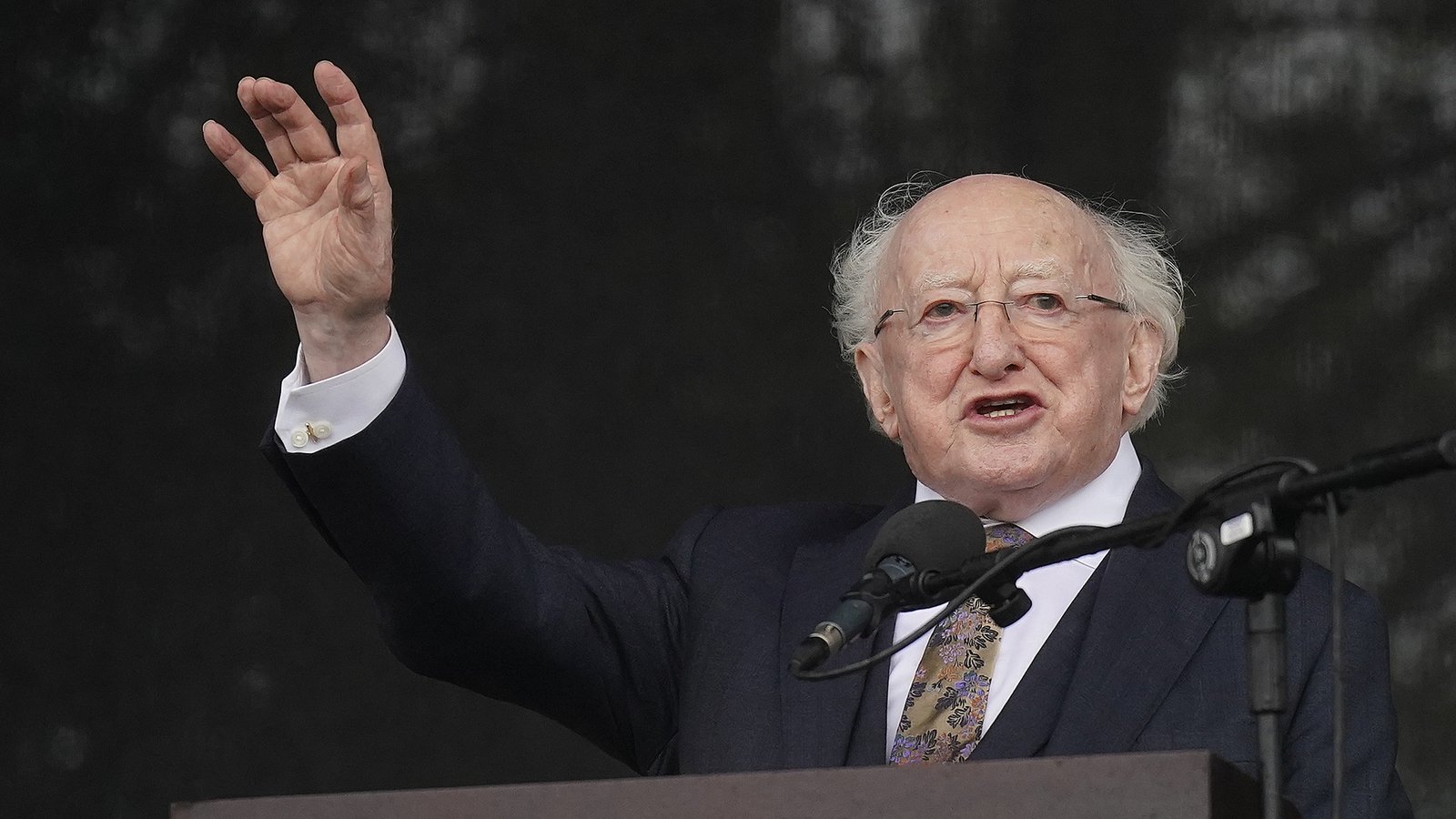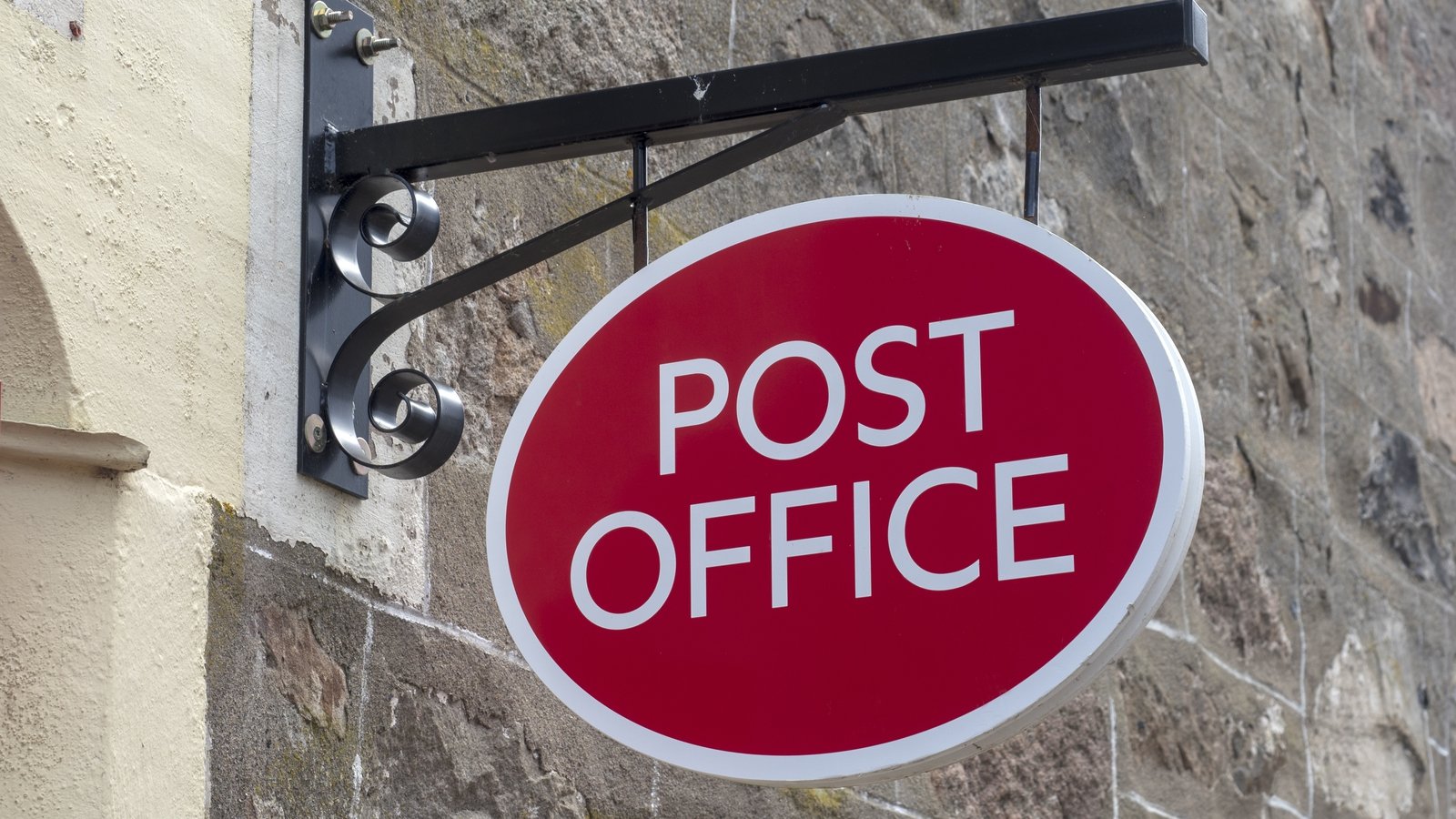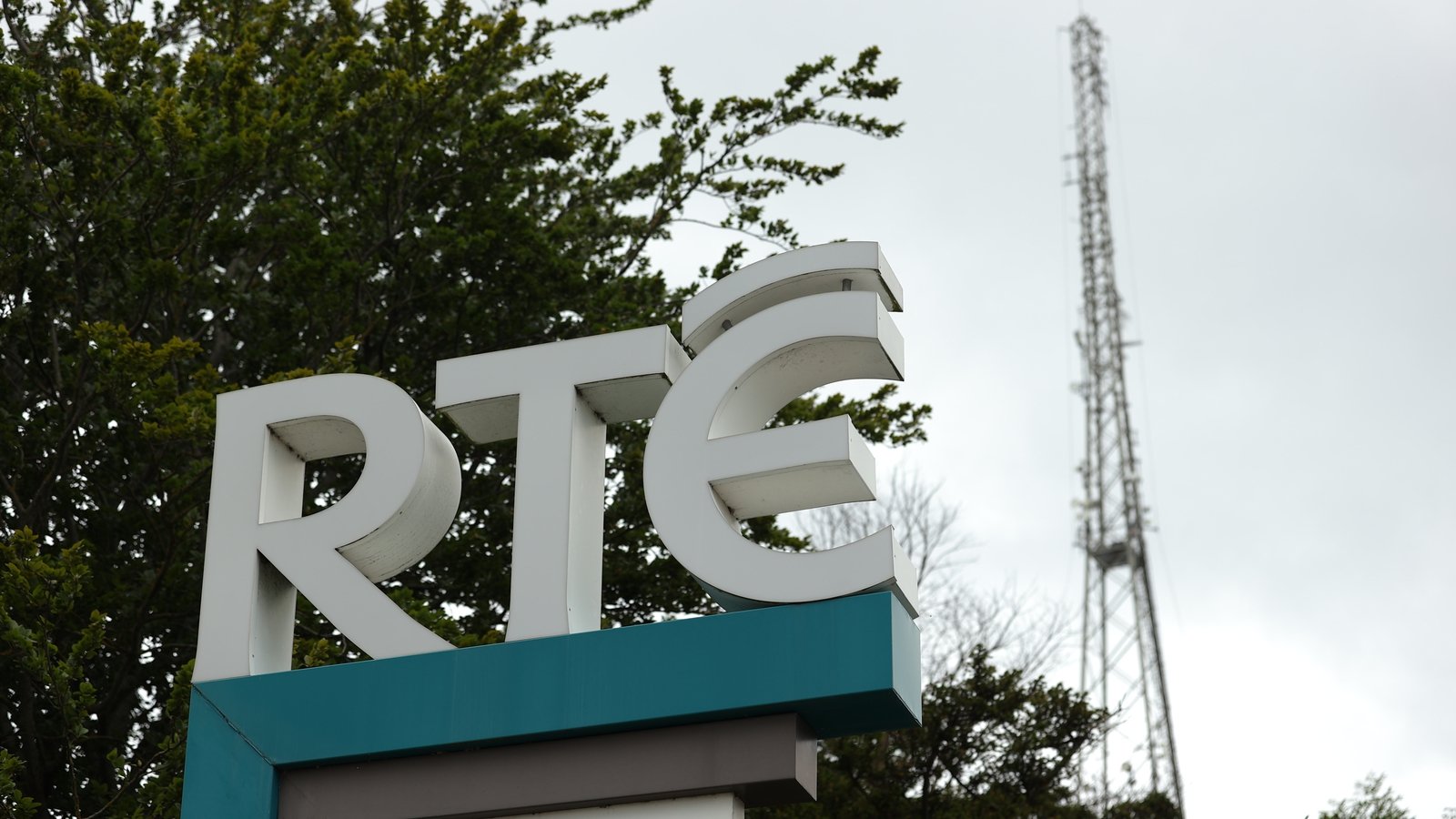Numbers don’t lie between Ireland and Wales
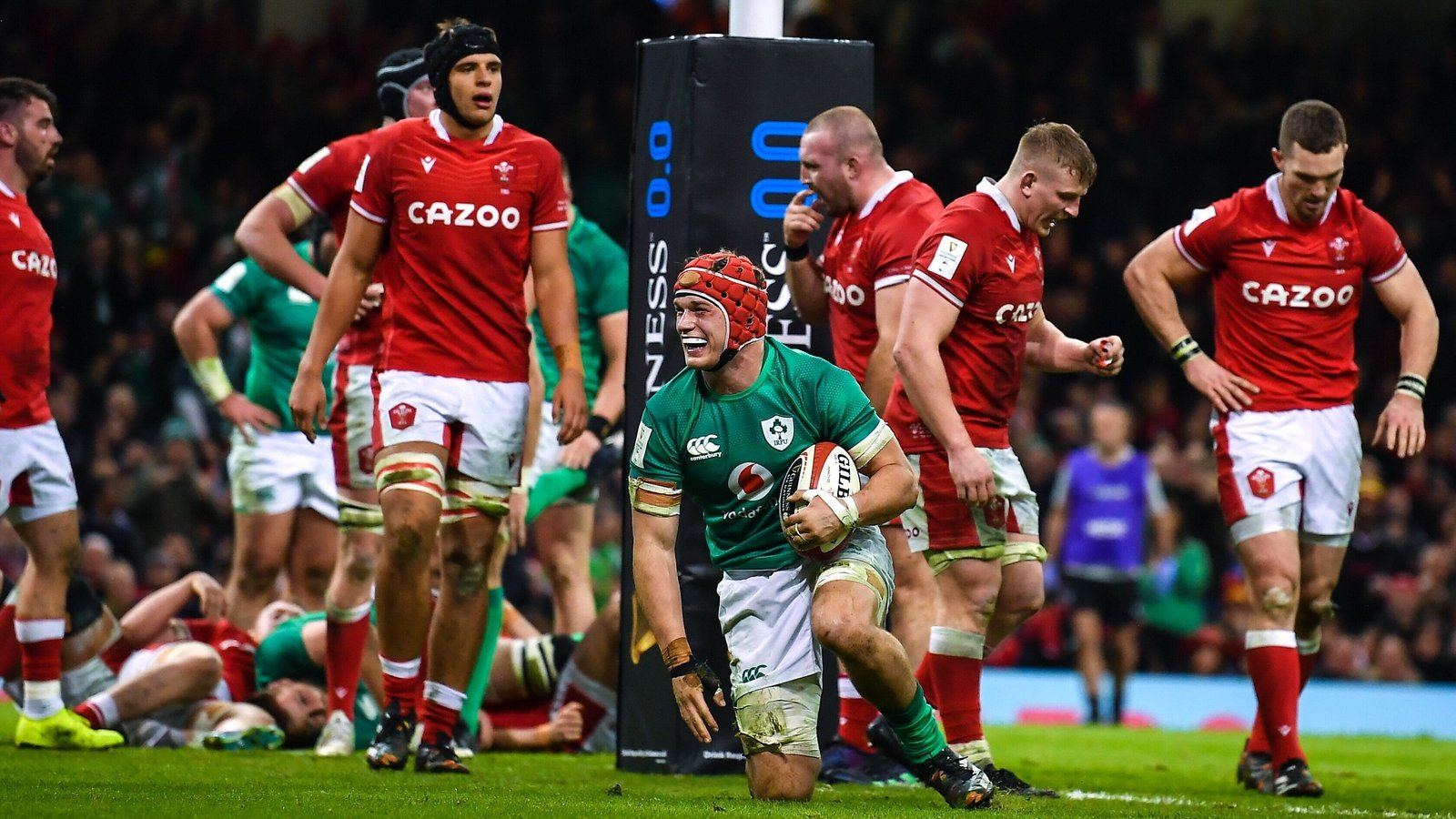
For years, Ireland v Wales in the Guinness Six Nations was a tit-for-tat rivalry. Get in, get the win, and get out. The margin and the style in which it was done didn’t matter.
Since the 2019 Rugby World Cup, all of that has changed.
A pair of Irish wins in this fixture in 2020 was halted by a surprise victory for Wayne Pivac’s side in Cardiff in 2021. Their Six Nations title that spring marked the last stand of a truly great Welsh generation, as the bottom fell out of the game in the country, both on and off the field.
While the gap between the sides at the Aviva Stadium today looks alarming, the rate at which it opened is more so.
The Irish players and management have bristled at the suggestion that this game is a “banana skin” for Ireland. That label, according to captain Peter O’Mahony, is disrespectful to the visitors. Impartial observers might say it’s actually generous.
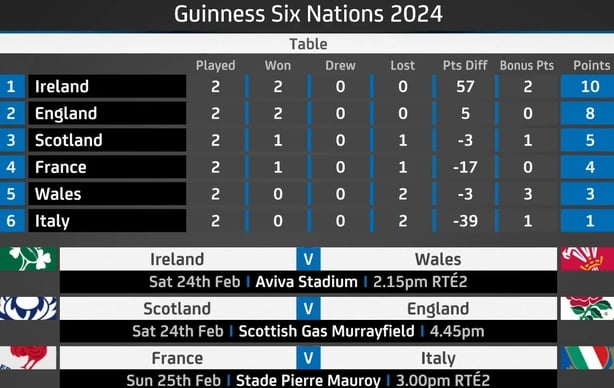
The gap in experience is hard to overstate this weekend.
A core of this Irish team have been on the road for a long, long time, with O’Mahony, Conor Murray and Cian Healy’s Test experience alone amounting to 341 caps.
Even with Jack Crowley, Ciarán Frawley, Calvin Nash and Joe McCarthy all pups of the international game, Ireland’s starting XV this afternoon can boast 608 caps between them, 109 more than Gatland’s side. Of the combined 499 caps in the Welsh line-up, George North’s 113 appearances are doing a lot of heavy lifting.
That chasm of experience is even more evident on the bench, where the eight Irish players outnumber their Welsh counterparts by more than three caps to one on average. Of the Welsh matchday squad, seven have 10 caps or fewer.
Those numbers are eye-opening, but they’re partially by design.
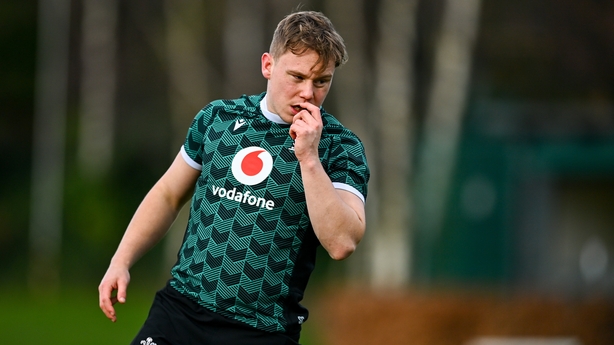
Since returning to the head coach job at the start of 2023, Gatland has decided Welsh rugby needs a hard refresh. Alun Wyn Jones, Justin Tipuric, Leigh Halfpenny and Dan Biggar have all retired, while Liam Williams’ move to Japan means he’s unlikely to be back in a Welsh shirt any time soon.
Injuries to veterans Ken Owens and Taulupe Faletau, as well as Jac Morgan and Christ Tshiunza haven’t helped matters, while Louis Rees Zammit’s last-minute decision to trade in rugby for a shot at the NFL’s international player pathway was a hammer blow to their chances of being competitive in this championship.
And yet, there’s a Gatland factor.
Right back to when he took over in 2008, the New Zealander has been able to squeeze every drop out of Welsh squads, even when they’ve looked at their lowest ebb. At the World Cup, there were genuine fears they could be dumped out at the pool stage, before going on to narrowly miss out on a semi-final spot.
In this Six Nations they’ve lost two from two, but have come out of those defeats looking like more than the sum of their parts, with three bonus-points giving them something tangible to take away.
While they appear further away than ever from winning silverware, they look like a side who know what they are. They know what they’re good at, and they know what their limits are.
Gatland knows his side have nothing to lose, and he’s gone about this week as such.
He threw his cards down on the table when he named his starting team on Tuesday, a full 48 hours before Andy Farrell, while he laid out his game plan in his column for The Telegraph by saying there will be a major focus on making life uncomfortable for Frawley (below), who is covering full-back for the injured Hugo Keenan.
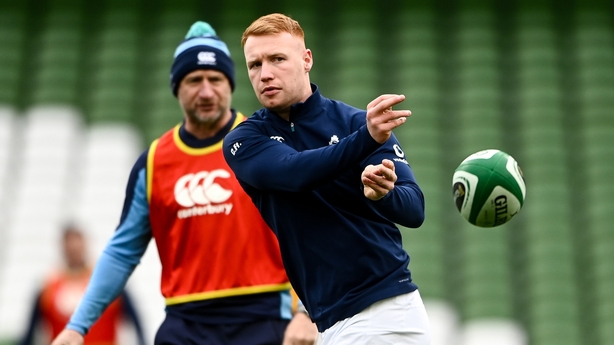
It wouldn’t be Gatland without some smoke and mirrors though, and his suggestion that Wales won’t just try to be “disruptors” can be accepted with a smirk.
In Tommy Reffell, they have one of the most disruptive flankers in the championship, with the Leicester Tigers man leading the turnovers chart at the breakdown, with five steals in two games.
The 24-year-old has shown a relentless energy at the ruck, with only England’s Ben Earl competing more at opposition ball. Of his 24 ruck arrivals, he’s been among the first three to get there at 22 of them.
If there’s an area that Ireland have been sloppy at in their two bonus-point wins, it’s at the breakdown.

The defending champions have conceded 24 penalties across their opening games, the most of any side, with 12 of those coming specifically at the ruck. Wales, on the other hand, have been squeaky clean, yet to concede a penalty at the breakdown, with just nine given away in total.
Unfortunately for the visitors, that’s the only real piece of data working in their favour.
Without a constant flow of penalty possession, it’s hard to see how Wales can get enough change out of a miserly Irish defence, that has conceded just 12 tries in their last 12 Six Nations games, and nilled Italy in Round 2, their first time holding a team scoreless in a Five/Six Nations game since 1987.
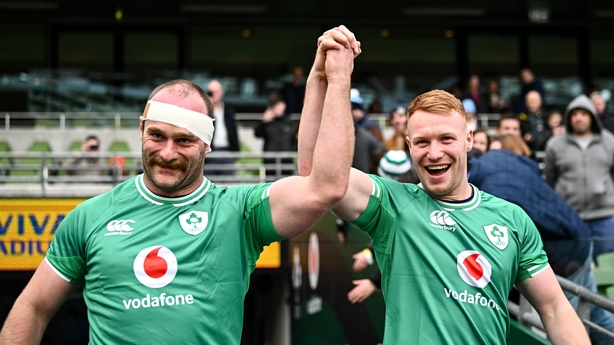
While the Welsh breakdown hasn’t been giving up penalties, their attack has been slow and ponderous. Just 36% of their rucks have been secured inside three seconds (compared to Ireland’s 63%) while they have kept the ball within 10 metres of the ruck on 55% of their phases, more than any other side.
With slow ruck ball, an already strong Ireland defence will have more time to reset and reshape, giving them a better chance at stopping Wales from getting over the gainline with their one-out carries.
At lineout time, Ireland will likely go after a Welsh lineout that has struggled for consistency in their opening two games, losing eight of their 28 throws.
While the lineout has been a struggle for Wales, it’s also been the platform for their best attack. Of their six tries across three games, three of them have been scored with the first phase off lineout ball.
It leaves them with a catch 22; increasing their four or five-man lineouts may given them a safer chance at winning their own ball, but it also allows more Irish defenders clog up defensive line.
Even if Wales can land a few blows on Ireland, it’s difficult to see how they can stop the Irish attack, which has produced at least three tries in 14 of their last 15 games. The 11 tries they’ve scored in this championship so far is five more than the next best, Wales.
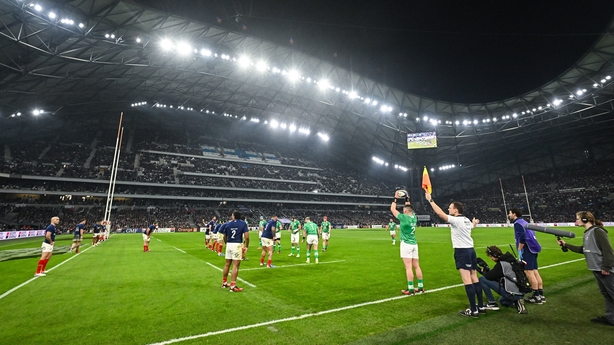
Their ruck speed and gainline success is the foundation to run at teams, but it’s the variety that’s making them so hard to defend.
After the Round 2 win over Italy, RTÉ analyst Bernard Jackman spoke of how Ireland have the shortest average passing distance at 5.8 metres, but equally they have moved the ball wide at a higher rate than any other team, with 11% of their ruck ball going beyond the first receiver.
The lineout has been a major weapon, with nine of their 11 tries originating from that set-piece.
The lineout is just a starting point though, and while their maul is much improved in this championship, the fact that four of their 11 tries have come after eight or more phases shows just how comfortable they are in possession, pulling teams apart with a multi-phase attack.
The numbers don’t lie, and it’s hard to see anything beyond a comfortable Ireland win.
Verdict: Ireland
Ireland: Ciarán Frawley; Calvin Nash, Robbie Henshaw, Bundee Aki, James Lowe; Jack Crowley, Jamison Gibson-Park; Andrew Porter, Dan Sheehan, Tadhg Furlong; Joe McCarthy, Tadhg Beirne; Peter O’Mahony (capt), Josh van der Flier, Caelan Doris
Replacements: Rónan Kelleher, Cian Healy, Oli Jager, James Ryan, Ryan Baird, Jack Conan, Conor Murray, Stuart McCloskey
Wales: Cameron Winnett; Josh Adams, George North, Nick Tompkins, Rio Dyer; Sam Costelow, Tomos Williams; Gareth Thomas, Elliot Dee, Keiron Assiratti; Dafydd Jenkins, Adam Beard; Alex Mann, Tommy Reffell, Aaron Wainwright.
Replacements: Ryan Elias, Corey Domachowski, Dillon Lewis, Will Rowlands, Mackenzie Martin, Kieran Hardy, Ioan Llyod, Mason Grady.
Listen to the RTÉ Rugby podcast on Apple Podcasts, Spotify or wherever you get your podcasts.
We need your consent to load this YouTube contentWe use YouTube to manage extra content that can set cookies on your device and collect data about your activity. Please review their details and accept them to load the content.Manage Preferences
Watch Ireland v Wales in the Guinness Six Nations on Saturday from 1.30pm on RTÉ2 and RTÉ Player, follow a live blog on rte.ie/sport and the RTÉ News app and listen to live commentary on RTÉ Radio 1.
Watch France v Italy in the Guinness Six Nations on Sunday from 2.30pm on RTÉ2 and RTÉ Player.

